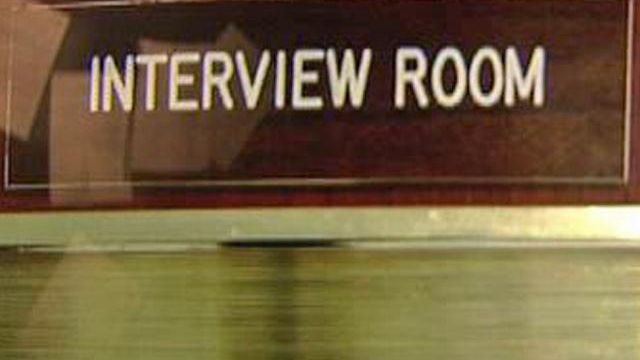Bill would require videotapes of interrogations in homicide cases
The bill's sponsor, Rep. Kelly Alexander, D-Mecklenburg, said its purpose is to protect defendants in homicide cases from being coerced into making confessions.
Posted — UpdatedThe bill's sponsor, Rep. Kelly Alexander, D-Mecklenburg, said its purpose is to protect defendants from being coerced into making confessions.
"It would help eliminate any claim from either side about mistreatment, about misunderstandings," Alexander said.
John Midgette, executive director of the North Carolina Police Benevolent Association, said that while the public might question some interrogation tactics officers use, recordings would ultimately protect officers.
"It does open up debate," Midgette said. "(But) used properly, I think it would be an excellent tool for everybody involved in law enforcement."
Wake County District Attorney Colon Willoughby said he is generally in favor of the bill. Videotaped confessions and interrogations make compelling evidence in court, he said.
"I think watching the defendant – his facial expressions, the graphic way in which he shows what he or she has done – will be helpful and moving to the jury," Willoughby said.
Willoughby said his concern is that bill could allow homicide cases to be thrown out on a technicality, such as if a camera broke down during an interrogation.
The bill should also provide proper funding to set up the camera systems, Willoughby said. A note attached to the bill by the legislative Fiscal Research Division says that local law enforcement agencies are responsible to purchase and maintain the recording equipment.
"Every department will have to be equipped in order to do that, and it will be expensive," Willoughby said. "And for most of them, they may not use it every year. Small departments may not have a murder every year."
The Raleigh Police Department spent about $25,000 to set up digital cameras in its four interrogation rooms.
If passed, the bill would apply to interrogations done on or after Dec. 1. It passed its first reading in the House Feb. 2 and was referred to the Judiciary Committee.
• Credits
Copyright 2024 by Capitol Broadcasting Company. All rights reserved. This material may not be published, broadcast, rewritten or redistributed.





